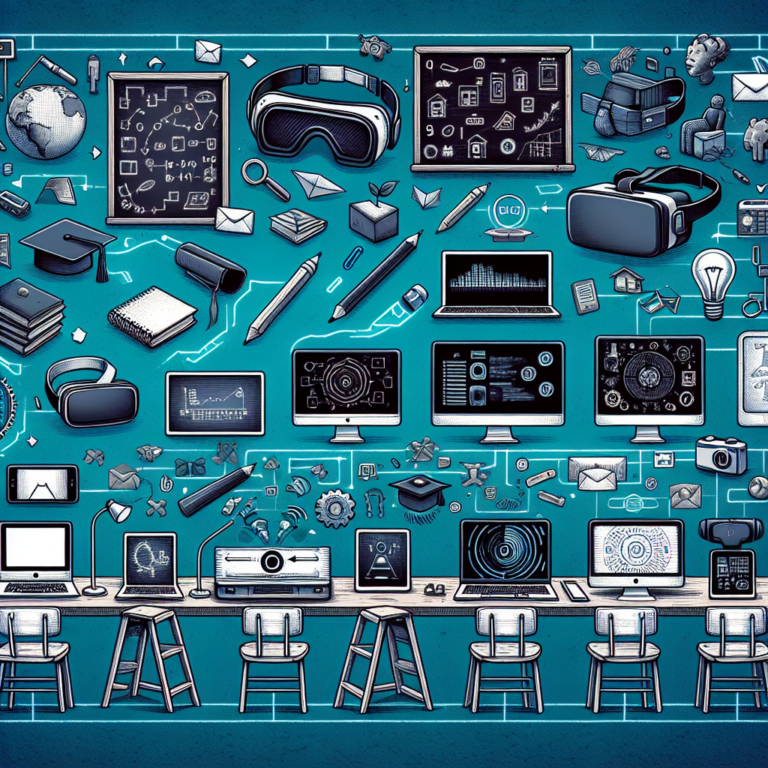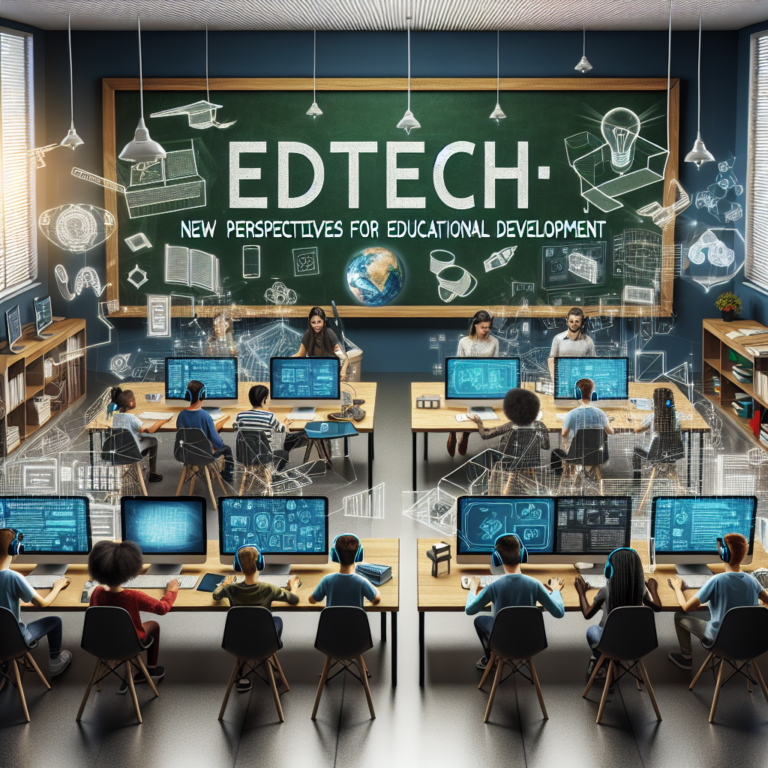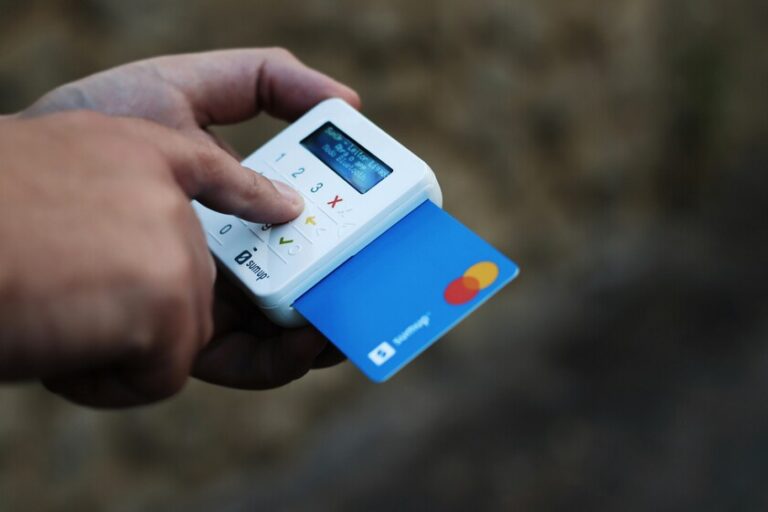
The Role of Digital Education in Bolivia’s Educational Development
In recent years, Bolivia has made significant strides in improving its educational system. One important factor contributing to this progress is the integration of digital education in classrooms across the country. This article will explore the role of digital education in the educational development of Bolivia, discussing its impact, challenges, and potential for the future.
Hook: Imagine a classroom where students are no longer limited by traditional textbooks and blackboards, but instead have access to a world of knowledge at their fingertips. This is the reality of digital education in Bolivia, a transformative force that is revolutionizing the way children learn and paving the way for a brighter future.
I. The Importance of Digital Education in Bolivia
Digital education plays a crucial role in overcoming the limitations of traditional teaching methods and bridging the educational gap in Bolivia. With the integration of technology in the classroom, students now have access to a wealth of resources and interactive learning tools. This enables them to explore new subjects, develop critical thinking skills, and engage in collaborative learning experiences.
Additionally, digital education addresses the issue of unequal access to quality education. In remote areas of Bolivia, where physical infrastructure and resources are limited, digital education provides a lifeline. Through online platforms and virtual classrooms, students can now receive quality education regardless of their geographical location.
II. Impact on Educational Development
The integration of digital education in Bolivia has had a significant impact on the educational development of the country. One notable effect is the improvement in educational outcomes. Students exposed to digital learning environments have shown higher levels of engagement and motivation, leading to increased academic achievement.
Moreover, digital education promotes innovation and creativity among students. By using interactive tools and multimedia resources, students are encouraged to think outside the box and develop problem-solving skills. This fosters a culture of innovation from an early age, preparing students for the demands of the modern workforce.
III. Challenges in Implementing Digital Education
Despite its advantages, the implementation of digital education in Bolivia also faces several challenges. One major obstacle is the lack of infrastructure and connectivity in certain regions. Without reliable internet access and electricity, digital education remains inaccessible to many students in remote areas. Addressing this issue requires significant investment in infrastructure development and improved access to technology.
Another challenge is the training and support for teachers. Many educators in Bolivia are not adequately equipped with the necessary skills to effectively integrate technology into their teaching practices. Teacher training programs and professional development opportunities should be prioritized to ensure that educators are well-prepared to utilize digital tools and resources.
FAQs
1. How does digital education benefit students in Bolivia?
Digital education provides students in Bolivia with access to a wide range of resources and interactive learning tools. It promotes engagement, critical thinking, and collaboration, leading to improved academic outcomes. It also bridges the educational gap by providing quality education to students in remote areas.
2. What challenges does digital education face in Bolivia?
The main challenges of digital education in Bolivia include the lack of infrastructure and connectivity in remote regions and the need for teacher training and support. Improving access to technology and investing in infrastructure development are crucial steps to overcome these challenges.
3. How can digital education contribute to Bolivia’s educational development?
Digital education has the potential to revolutionize Bolivia’s educational system by promoting innovation, creativity, and critical thinking among students. Additionally, it addresses the issue of unequal access to education by providing quality learning opportunities to students in remote areas.
4. What can be done to ensure the successful implementation of digital education in Bolivia?
To ensure the successful implementation of digital education in Bolivia, investment in infrastructure development and improved access to technology are essential. Additionally, providing comprehensive teacher training programs and support is crucial for educators to effectively integrate technology into their teaching practices.
In conclusion, digital education plays a critical role in the educational development of Bolivia. It has the power to improve access to quality education, increase engagement and motivation among students, and foster innovation and creativity. However, challenges such as infrastructure limitations and the need for teacher training must be addressed to fully unlock the potential of digital education in Bolivia. With continued investments and support, digital education can pave the way for a brighter future for the youth of Bolivia.

















